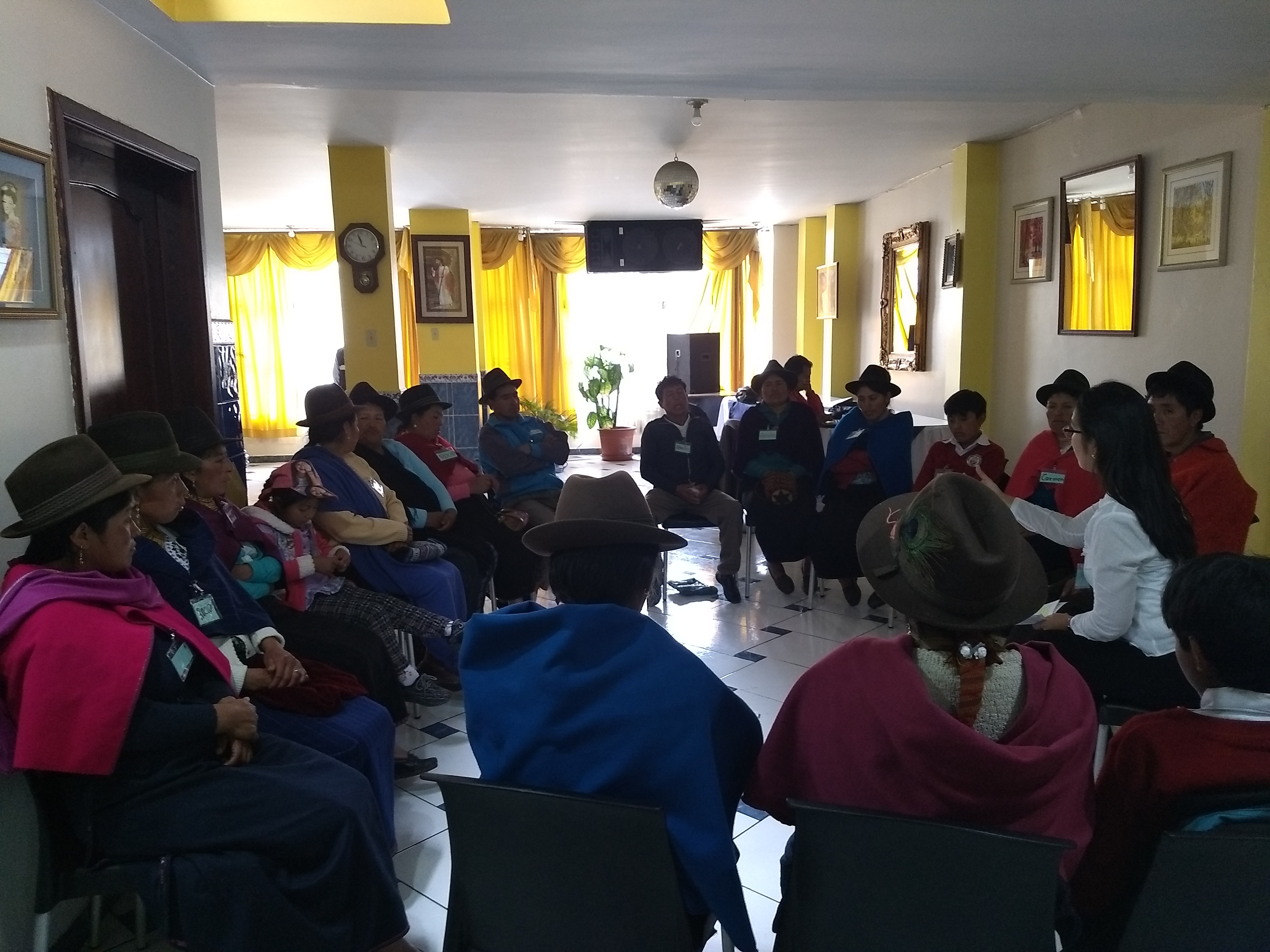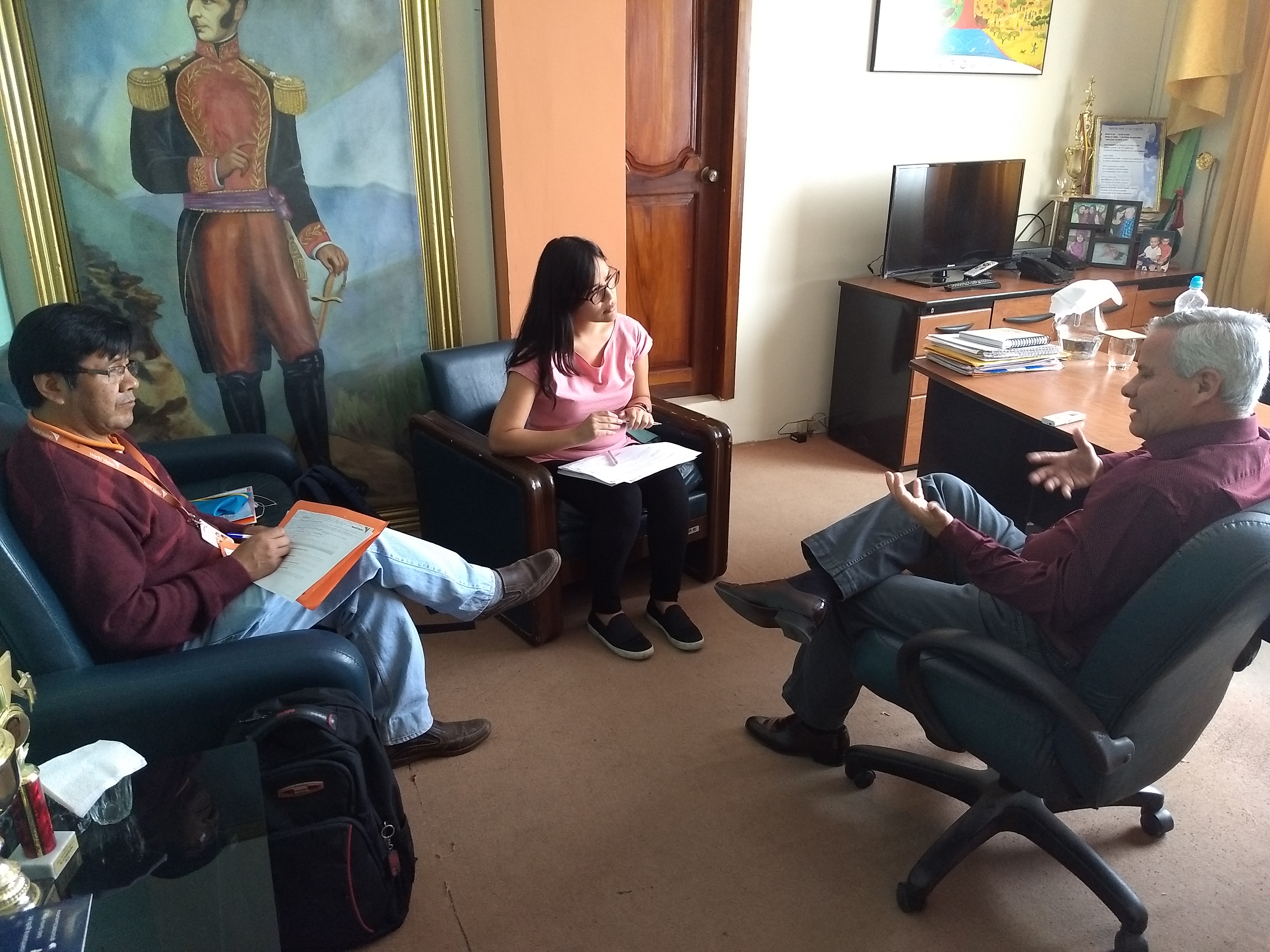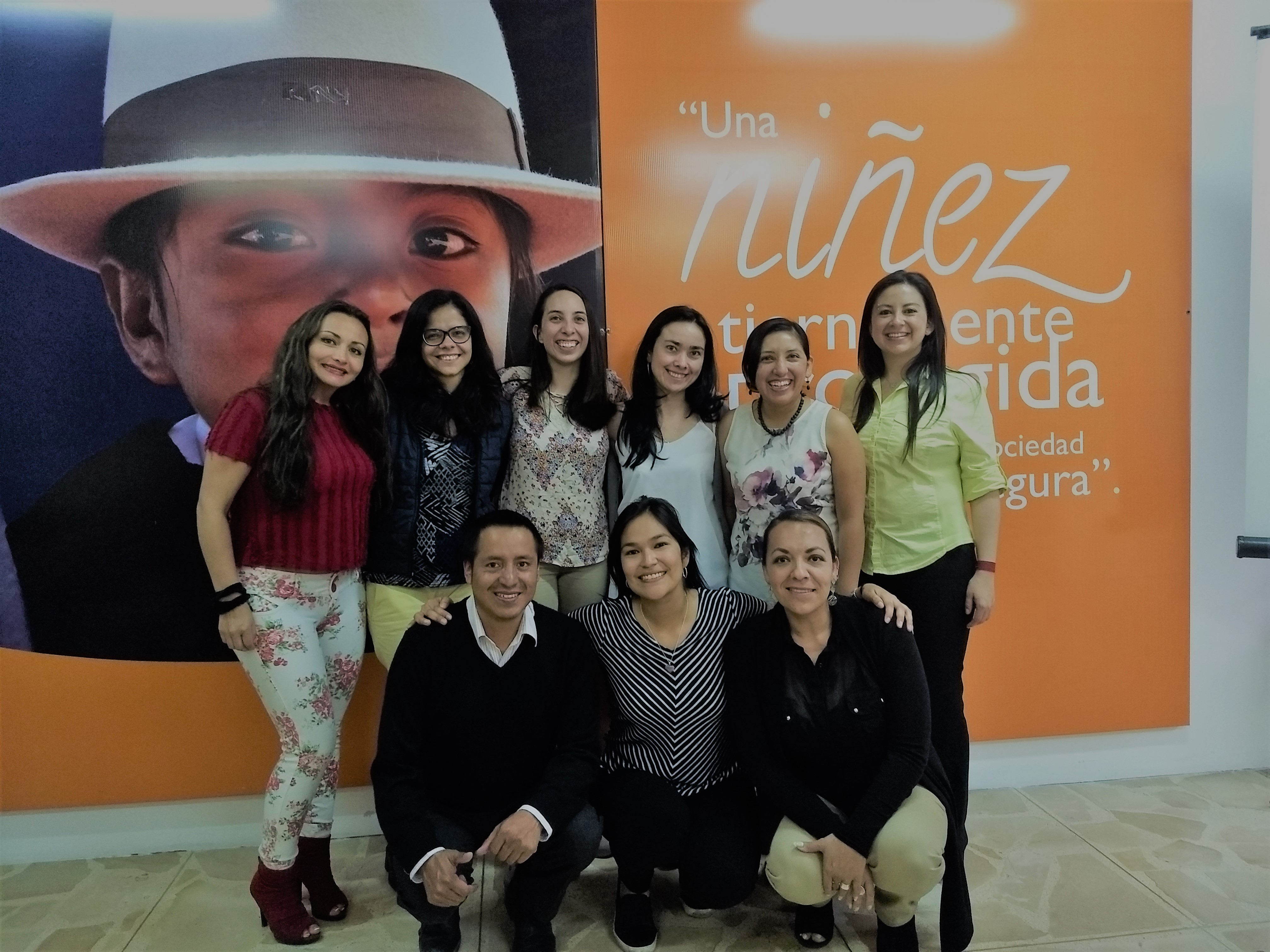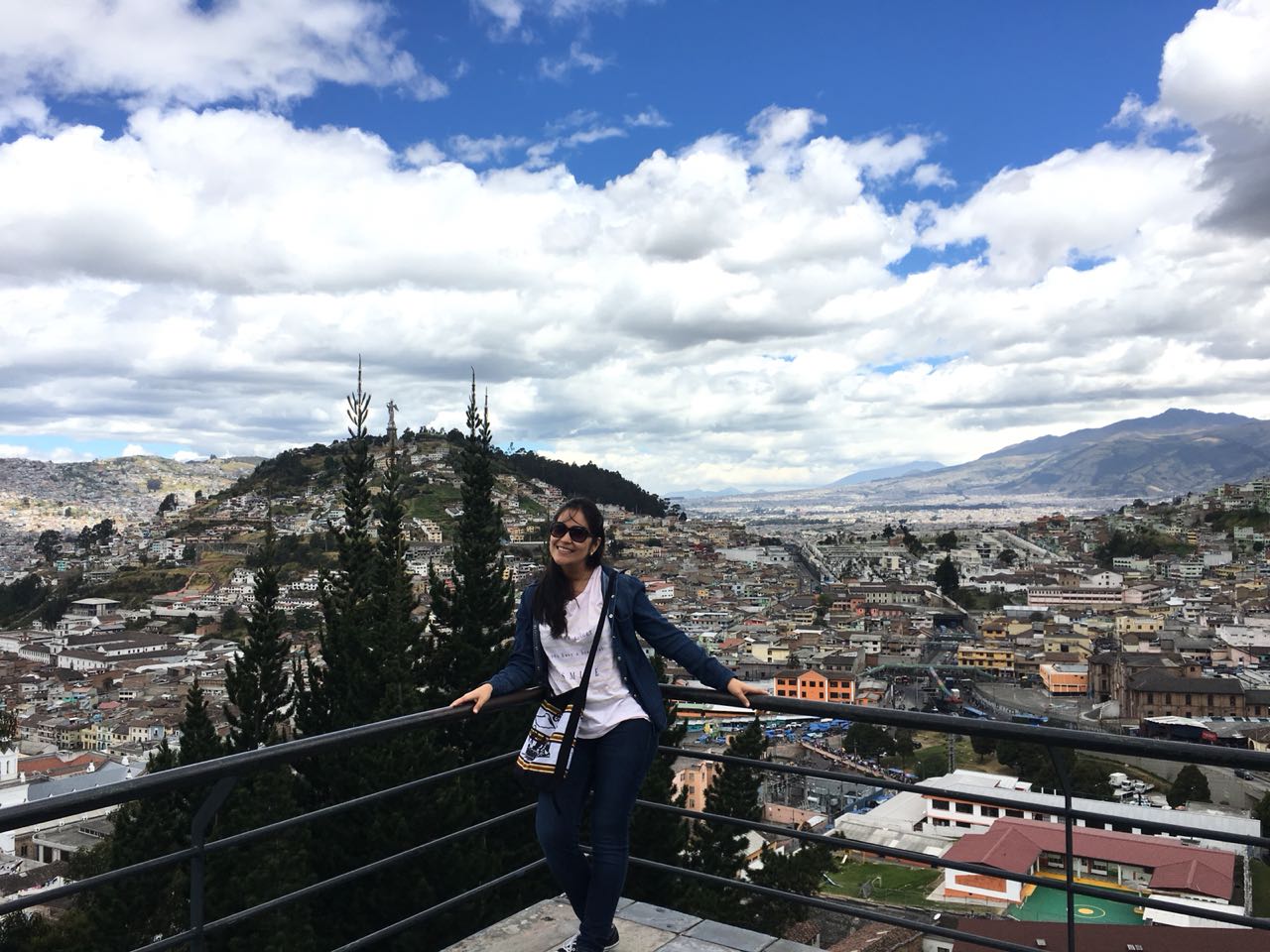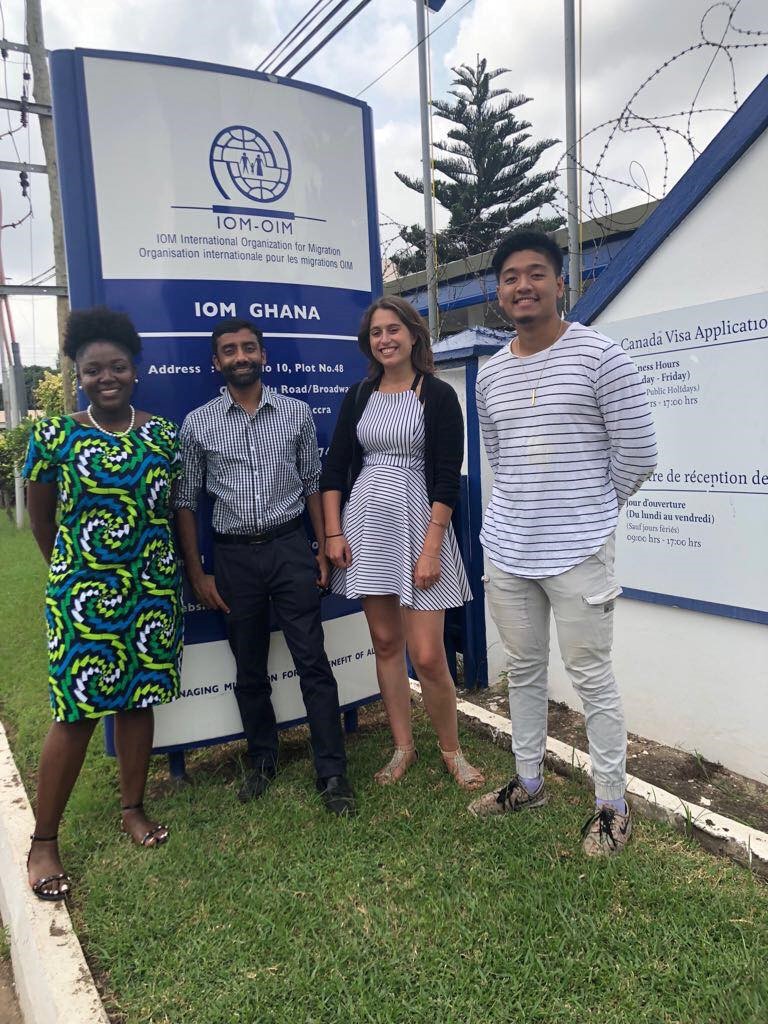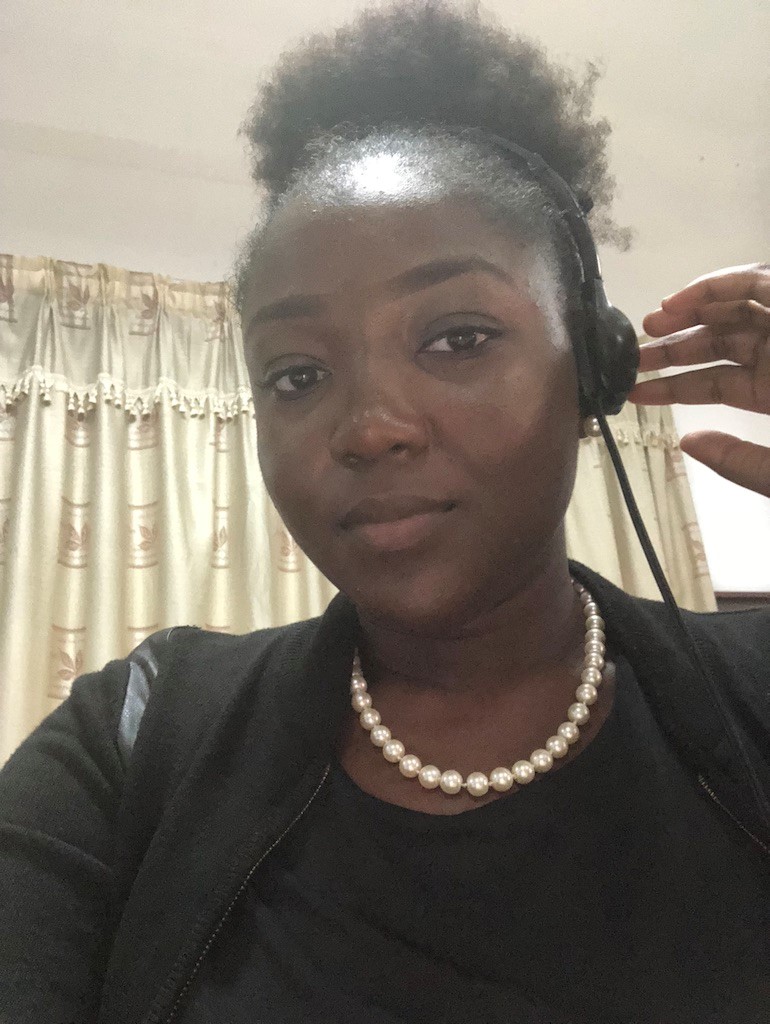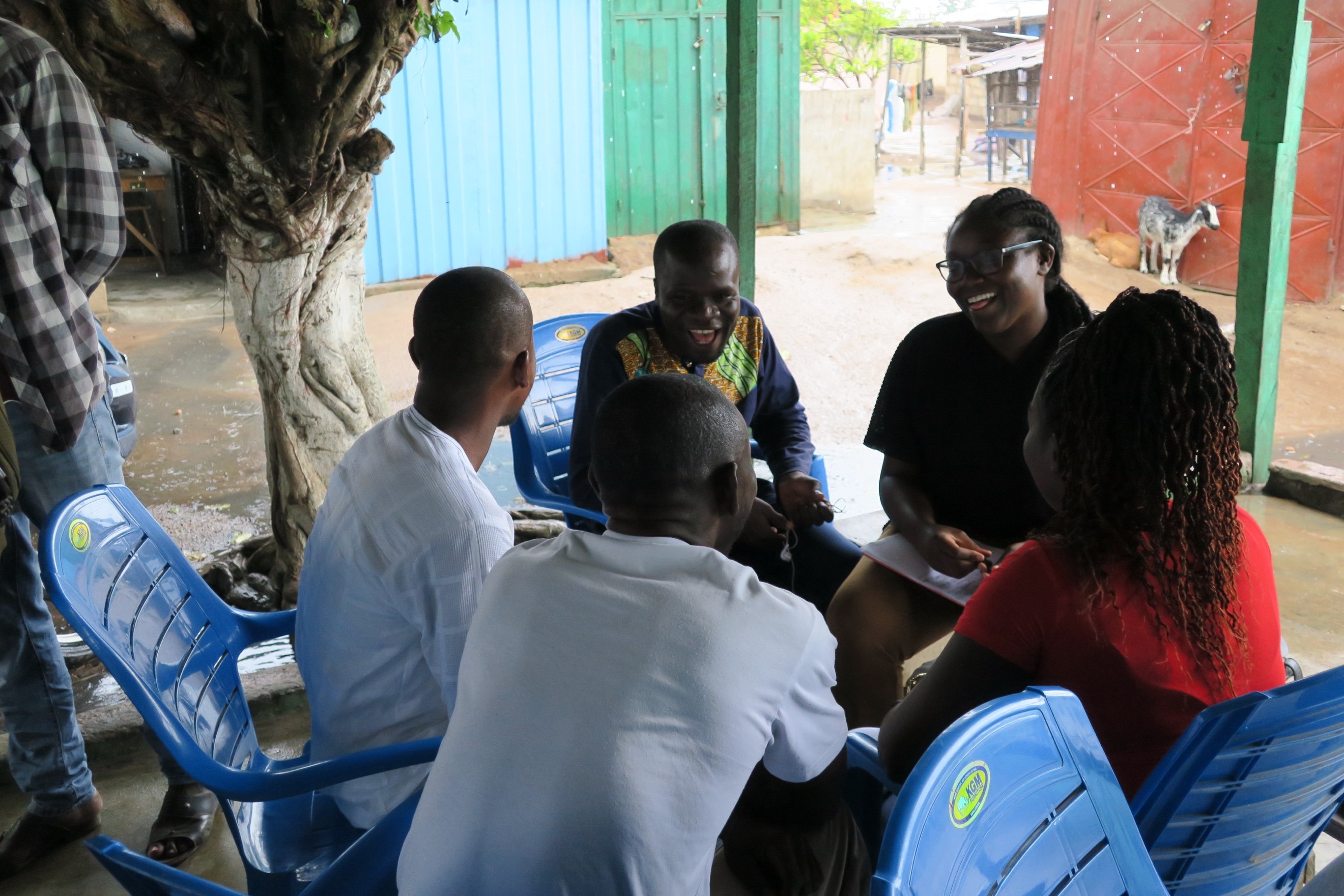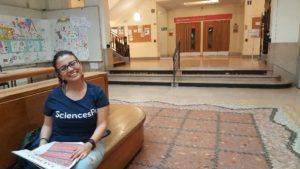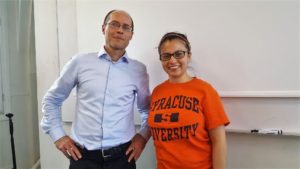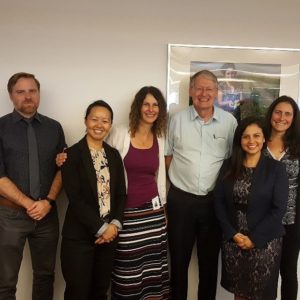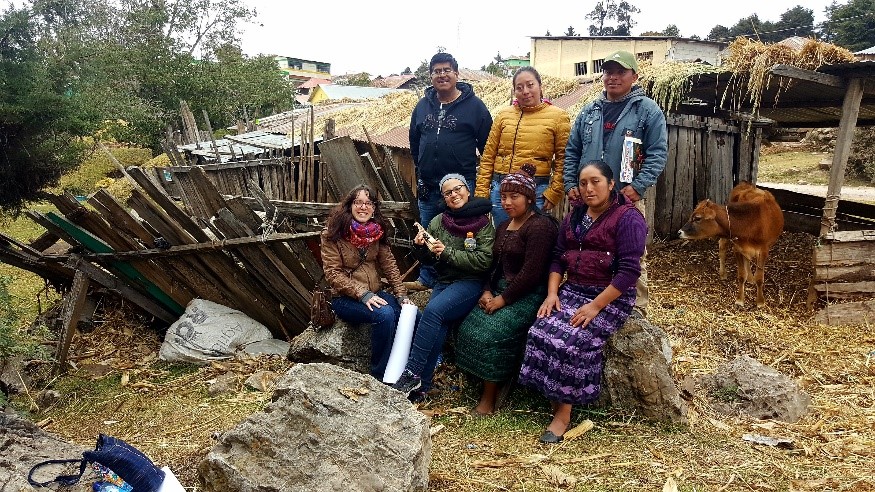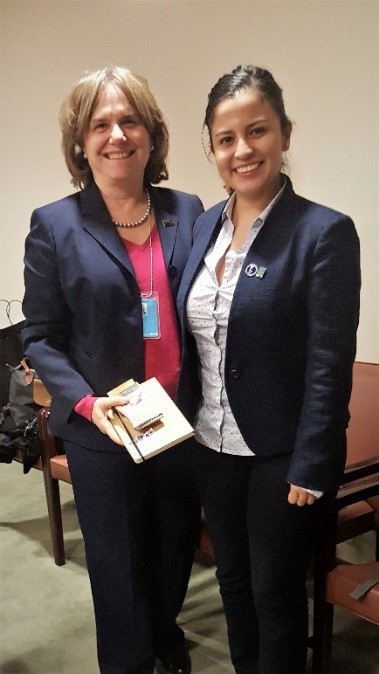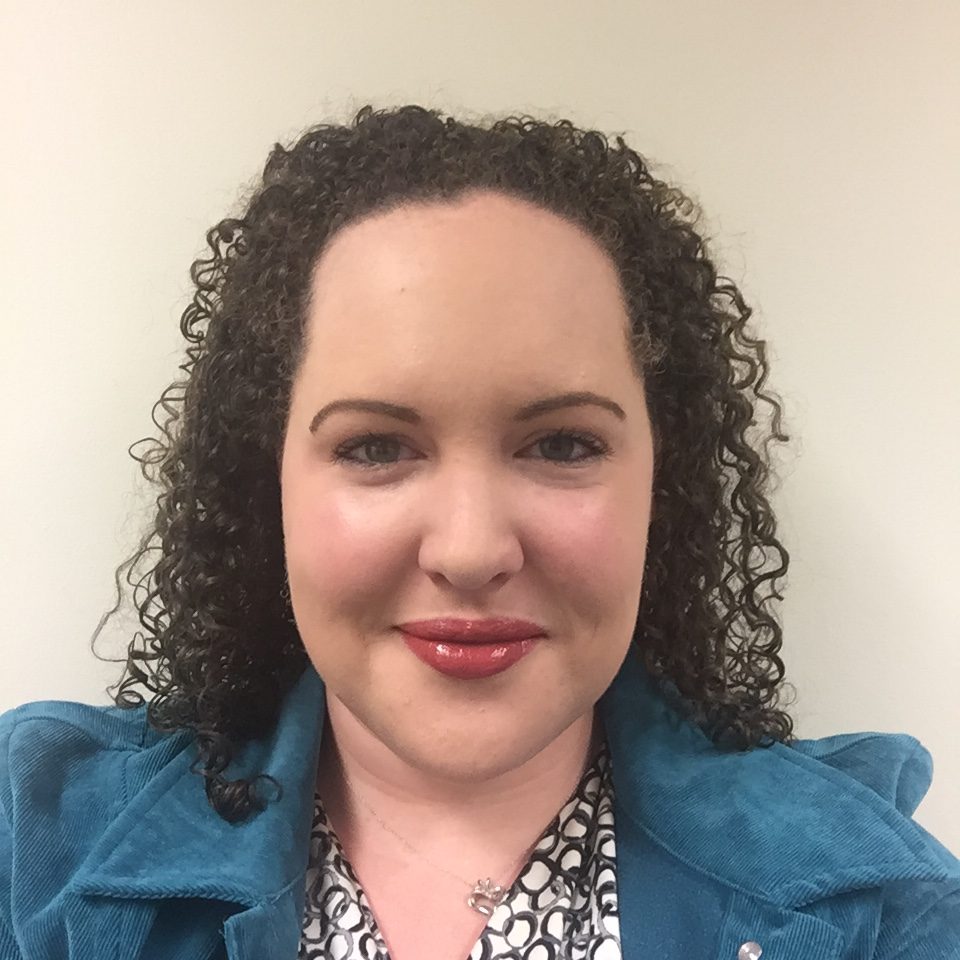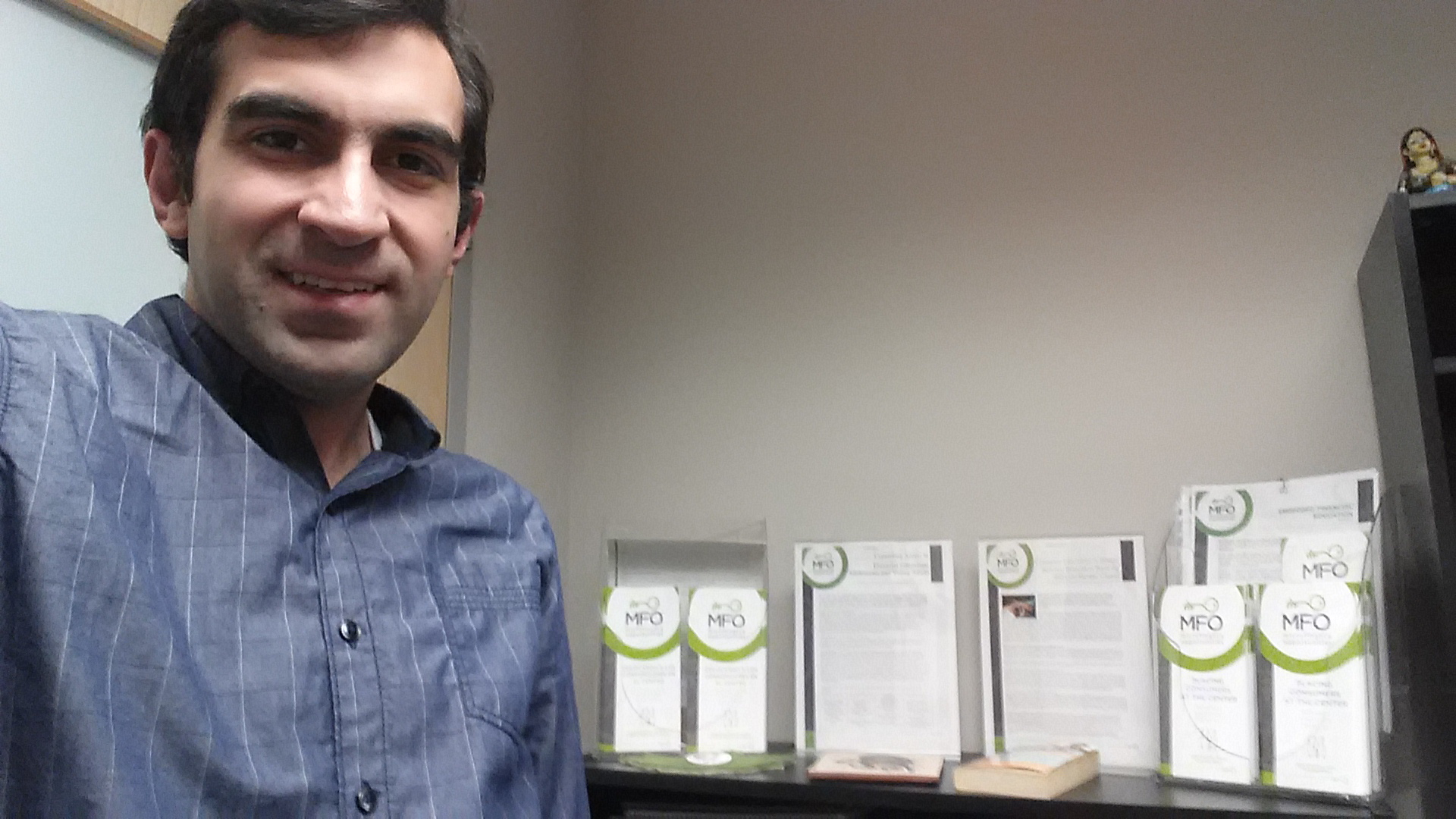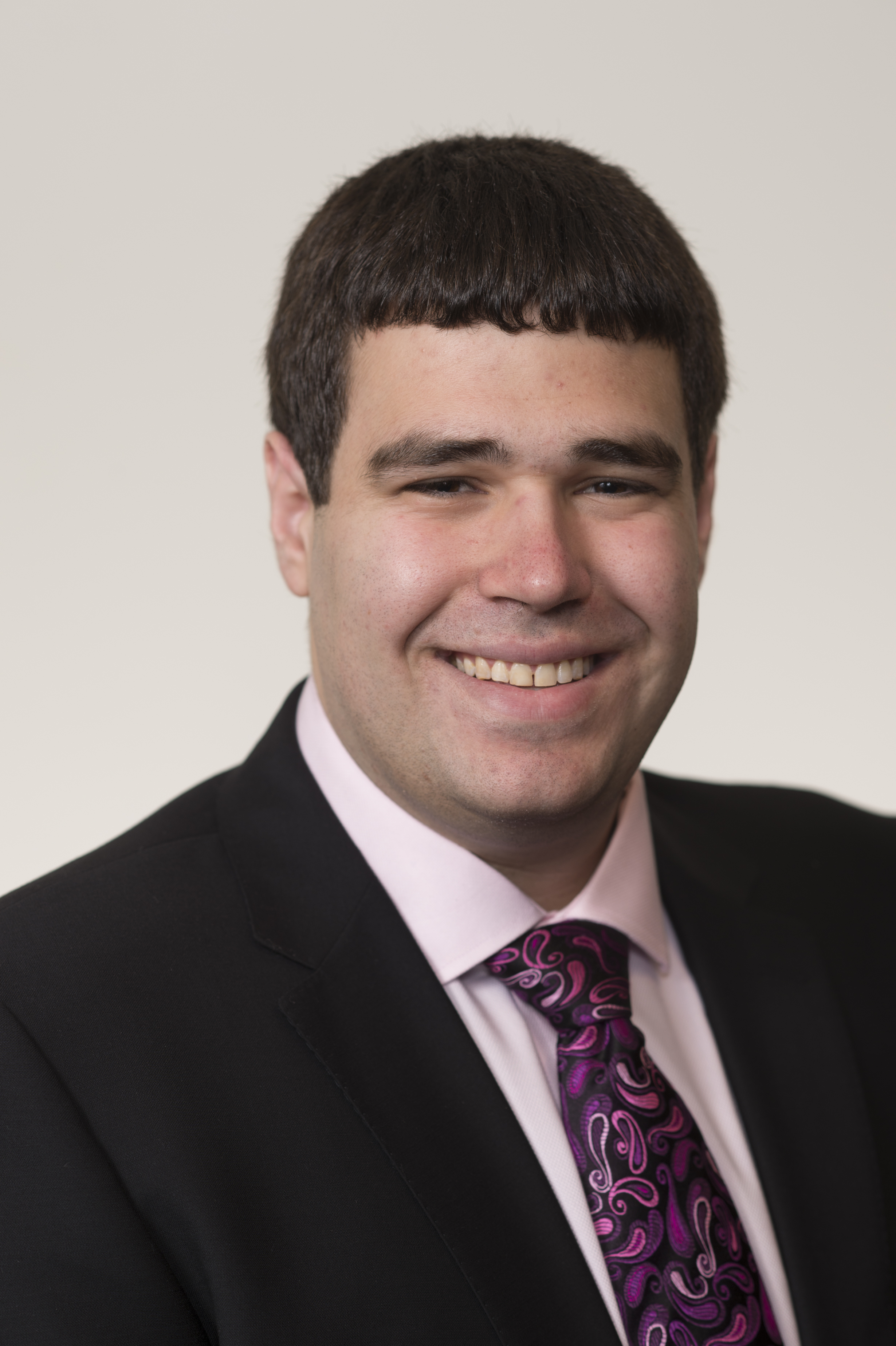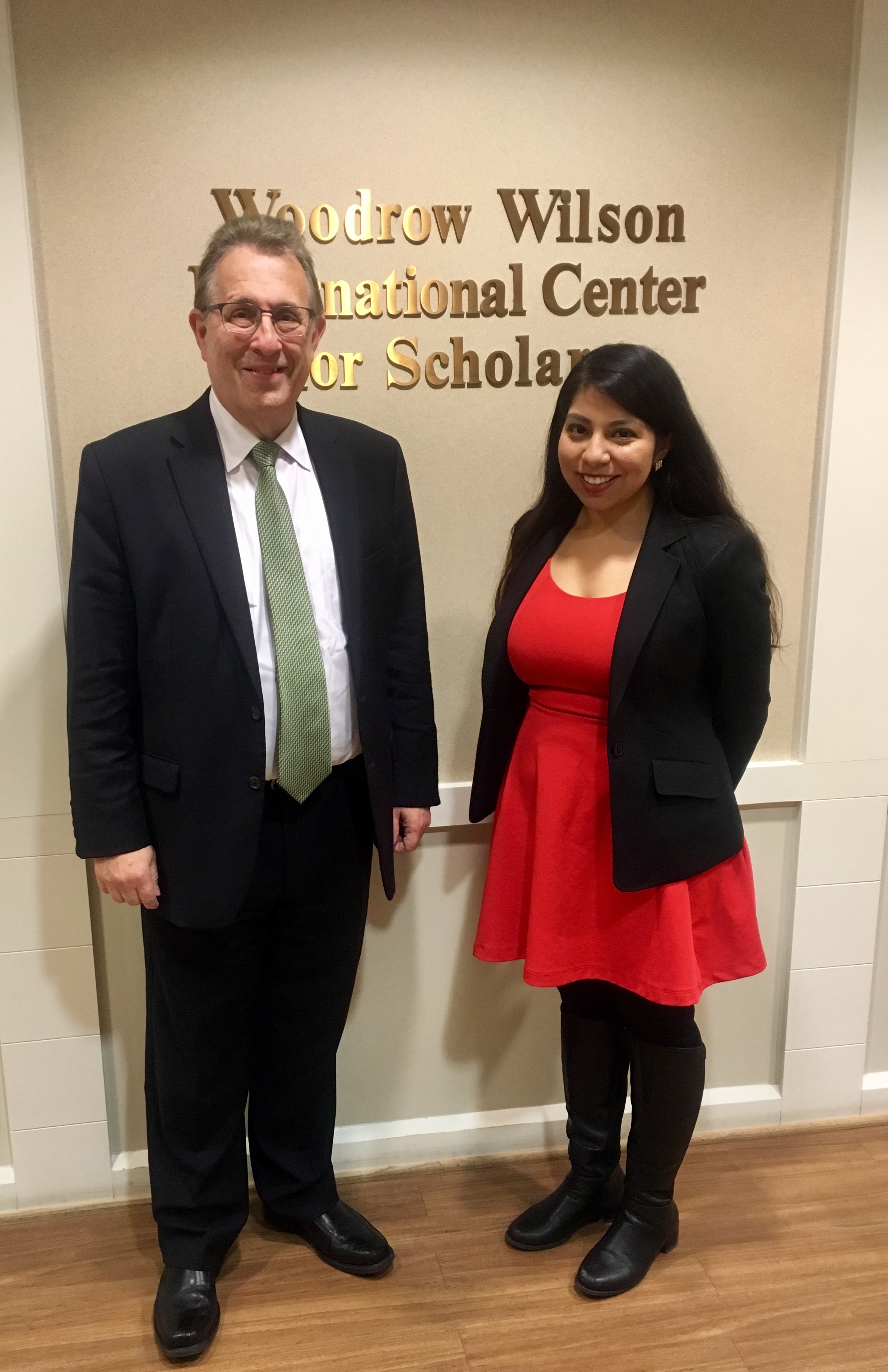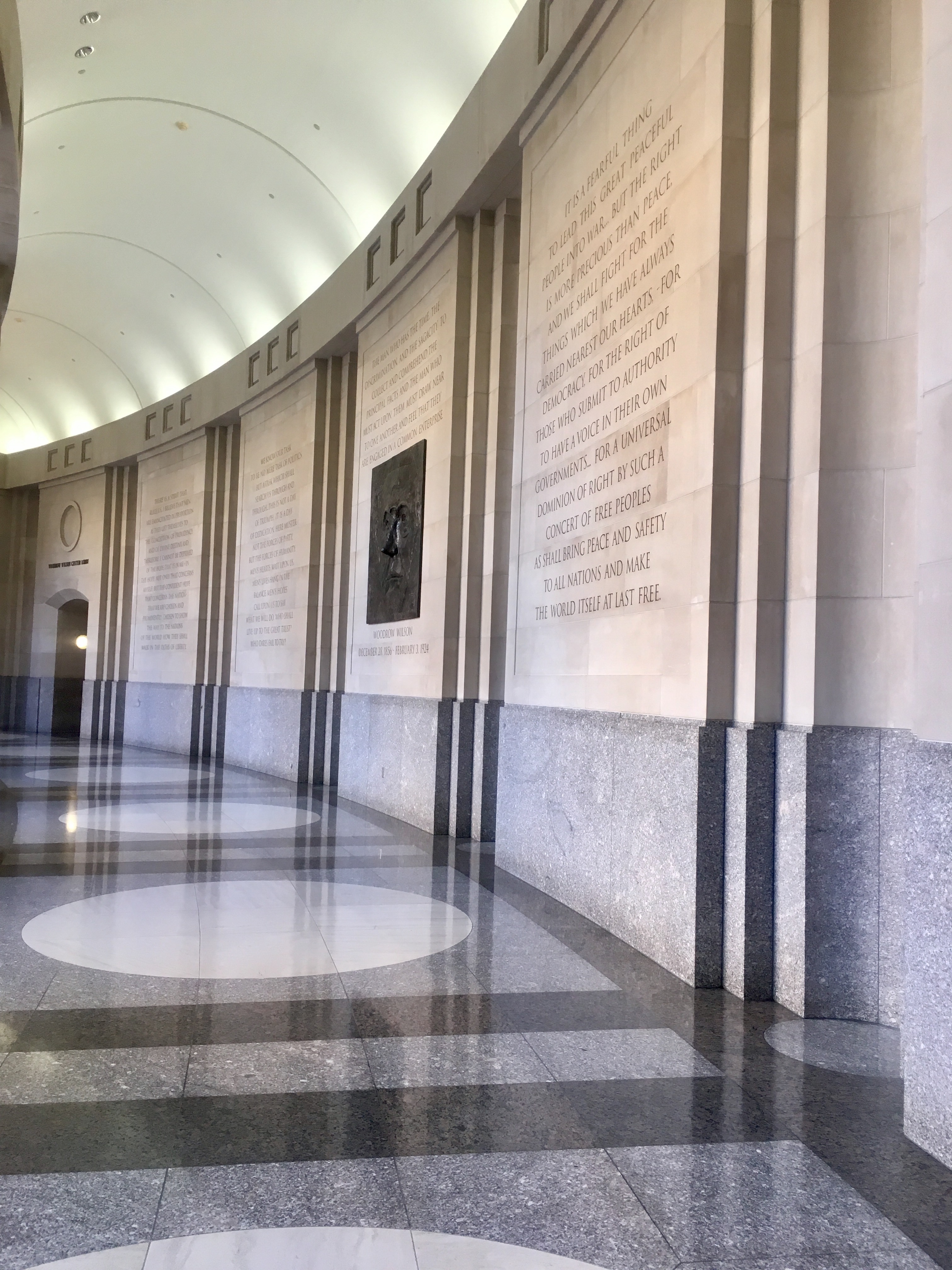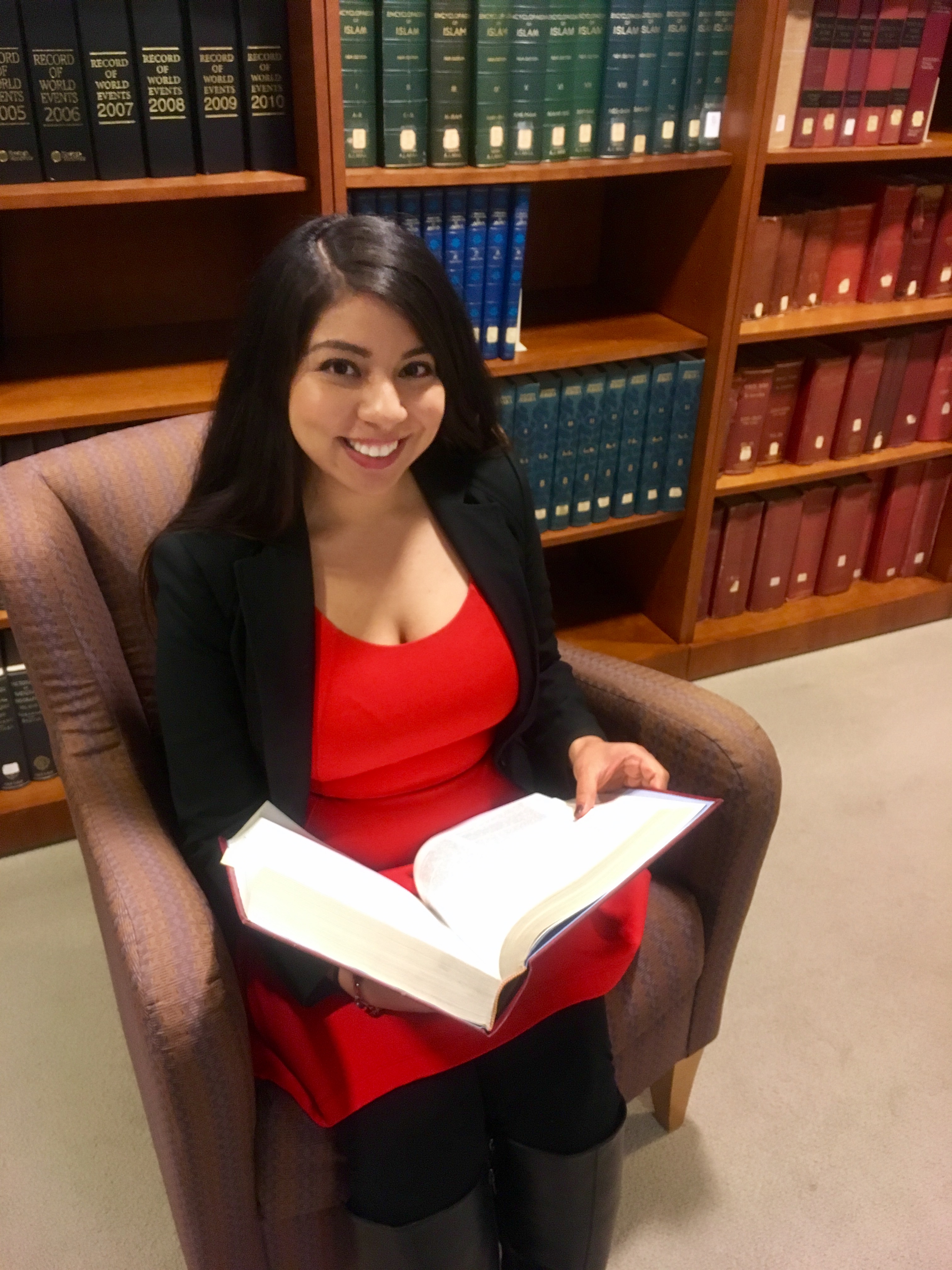Stephanie Spera is a current joint MPA /MAIR student at The Maxwell School. This summer she interned with Connect Network, a non-profit network based in Cape Town, South Africa, as part of her degree requirements. She also participated in the summer program South Africa: A Global Health Education Experience.
This summer, I embarked on a journey that has changed me academically, professionally, and personally. It all started with a Skype call with Dee Moskoff, an alum of the Maxwell School and Director of Connect Network, an organization that partners with NGOs around Cape Town to reach women and children at risk through health, education, and empowerment programs.
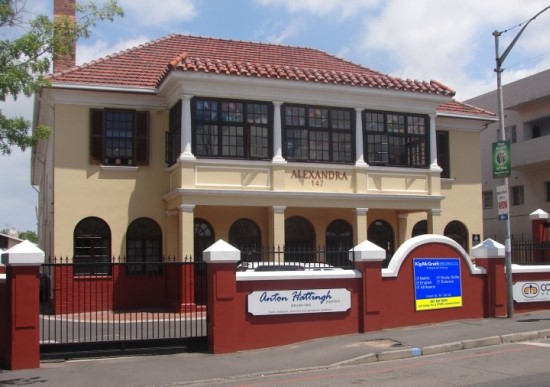
My primary responsibility at Connect was to aid in the final stages of developing a health literacy manual for illiterate mothers and their children in the Western Cape. The manual focuses on empowering women and children to respect their bodies, identify their health needs, and improve their understanding of issues such as sexuality, emotional health, and abuse. This included several steps, including performing a baseline survey of mothers to identify community needs; meeting with partners to finalize content and to ensure they are happy with the final product; writing a year-end report for donors; and drafting a budget request for year two funding.
From the start, my team met the stress of development and deadlines with passion, purpose, and perseverance. We sat for hours with partners to make sure the manual met their objectives. We facilitated conversations between each partner, the illustrator, and donors to maintain the vision of the project at every step. Amid threats of rioting, we traveled weekly to Khayelitsha Township to meet with local facilitators who helped to develop and collect surveys and provided valuable feedback on the needs of the community. Although each partner has different interests in the project, our shared dedication to improving the lives of women and children by empowering them to advocate for themselves and improve their access resources has kept us moving forward.
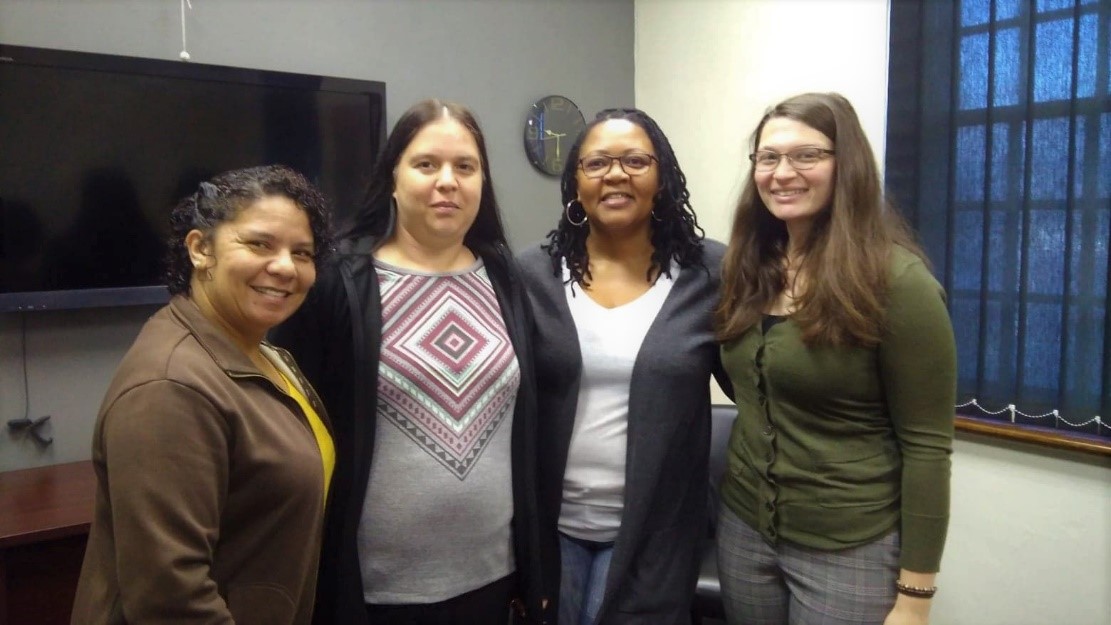
During my time in South Africa, I have found a passion for health care and bridging resource gaps for people from disadvantaged backgrounds. My experience at Connect has taught me the importance of people and relationships, and has given me the skills necessary to continue that fight when I return stateside.

